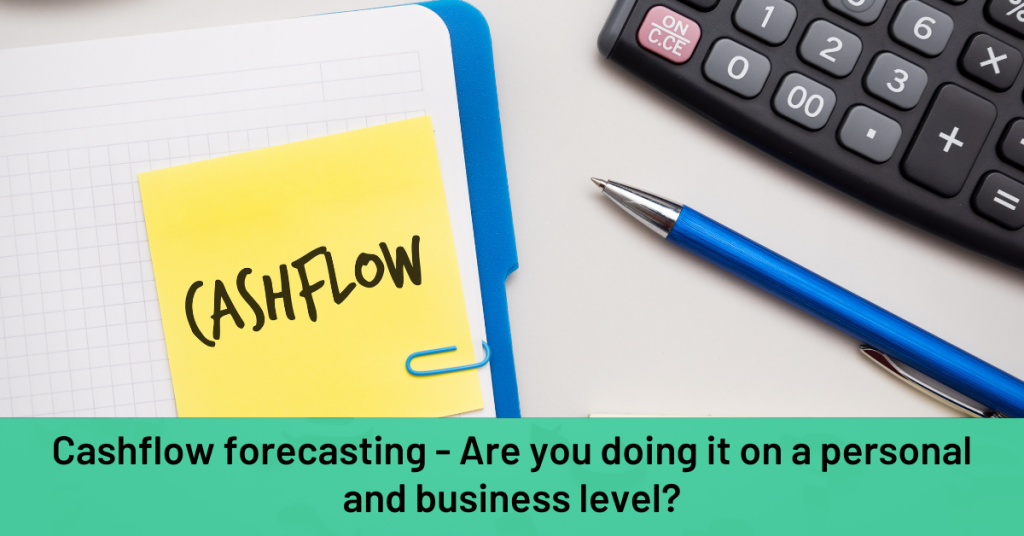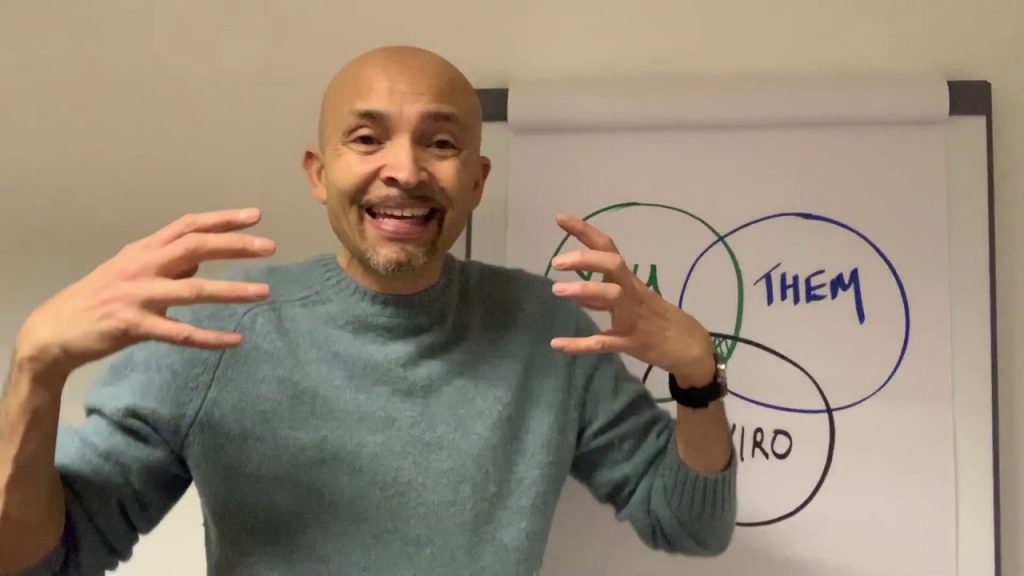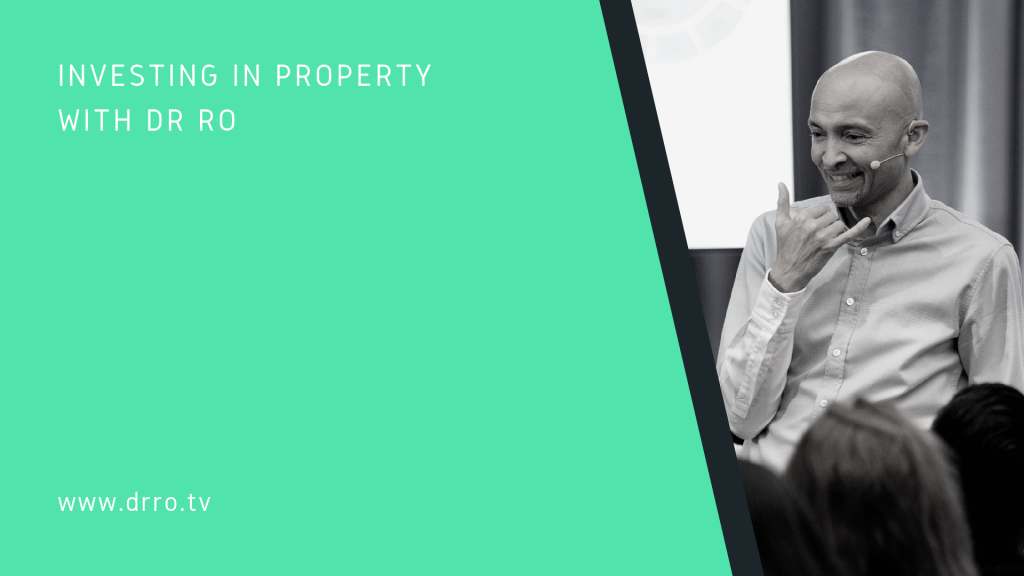Enhanced Transcribe:
Hi folks Dr Ro here. I want to address the subject of cash flow forecasting.
Two questions, are you cash flow forecasting on your personal life and are you cash flow forecasting on your business?
If I asked that question to the average person who runs a business most people actually say I am doing a form of cash flow forecasting on my business, but they don’t necessarily do it in their personal life.
Essentially a cash flow calculation is different to cash flow forecasting.
For example, if you’re a property investor and you do a cash flow calculation that is an instant look at your financial cash flow at this moment, so you might say, for example, on the property we have £4000 coming in because it’s maybe a large HMO and we £2000 going out, the net cash flow is £2000 per month.
If you do an instant snapshot cash flow forecast on your business, it might be that you have multiple clients averaging bringing you 7500 and your business has outgoings of 5500 so it has a net positive cash flow that month of 2000.
Cash flow forecasting is very, very valuable and it’s different because it allows you to look into the future and now look at where you anticipate the financial status of the business to be in a month, two months five, six months, 18 and 24 months down the line.
Depending on what spread you’re looking at, typically you want to go out at least 12 months. So on a personal level the reason this is hugely beneficial is because it allows you to look out for any possible pitfalls. A cashflow forecast should typically have and this is how mine are, in the top part of the cash flow forecast is income and the lower part of the cash flow forecast is expenses and then when I talk about income I will look at multiple source of income which I have coming in and then I will look at my outgoing expenses all going out and so you need to categorise these. If you really go into detail and you start to look at fixed and variable expenses and you may have fixed variable income.
So, for example, you may have a regular retainer with a company so they’re fixed amounts but then you can have variable amounts with different types of work and that comes and goes at different levels. Same thing with your expenses. It is really important to break this down. A lot of people just have one or two lines and then a big miscellaneous line. The trouble is that it’s not subtle enough detailed enough that you can have each row representing a different type of expenses, a typical type of expense and they represent for that month your expenses and your income. This is incredibly valuable now because what happens is you can take and everybody’s cash flow forecasts differently, for us we do it on a weekly basis.
Let’s say you do it monthly, month one January, for example, you know your typical income and expenses and then you basically have a net balance for the whole bank account. The bank account may start at £5000 and at the end of month one it goes to 7000 a month and at the end of month two it might go to 9500 for example.
The nice thing with this is you may have certain amounts of money that you anticipate coming out.
These could be lines that represent large purchases, expenses you might be expecting a bonus coming in a certain month. So in month five, I’ll get a bonus of 4950 and so that suddenly tips the balance. It gives you more income that month and what this allows you to do is look out for opportunities where you can take money to go invest it, but equally you could use it in reverse to look at opportunities where you might be challenged.
Every business will have its ups and downs and Covid certainly caused a lot of challenges in many ways for different businesses, so this is a very good time right now as you’re coming through this period to look ahead six, 12, 18 months to see if you can predict. What I certainly find it useful for is identifying when we might have some hurdles when we might have some challenges, the positive stuff is great but I’m also looking for where I might have a challenge in terms of when money is needed. Is there a way to alleviate that? Can I move that payment back? Can I see if I can win myself some time back , or move money from A to B?
Don’t underestimate the power of this and I would suggest you do it on a personal level and over here in the business. Most people don’t transfer the same skill and the same approach into their personal lives and they wonder why they run into trouble.
The beauty of the process of cash flow forecasting allows us to go into the future with a form of a crystal ball and anticipate.
Disclaimer: This video or written publication does not offer investment or financial advice and nothing in them should be construed as investment or financial advice. Our publications provide information and education only. The information contained in our publications is not, and should not be seen as a recommendation to use any particular investment strategy. Always seek financial advice from an independent financial adviser around your own personal financial situation.



